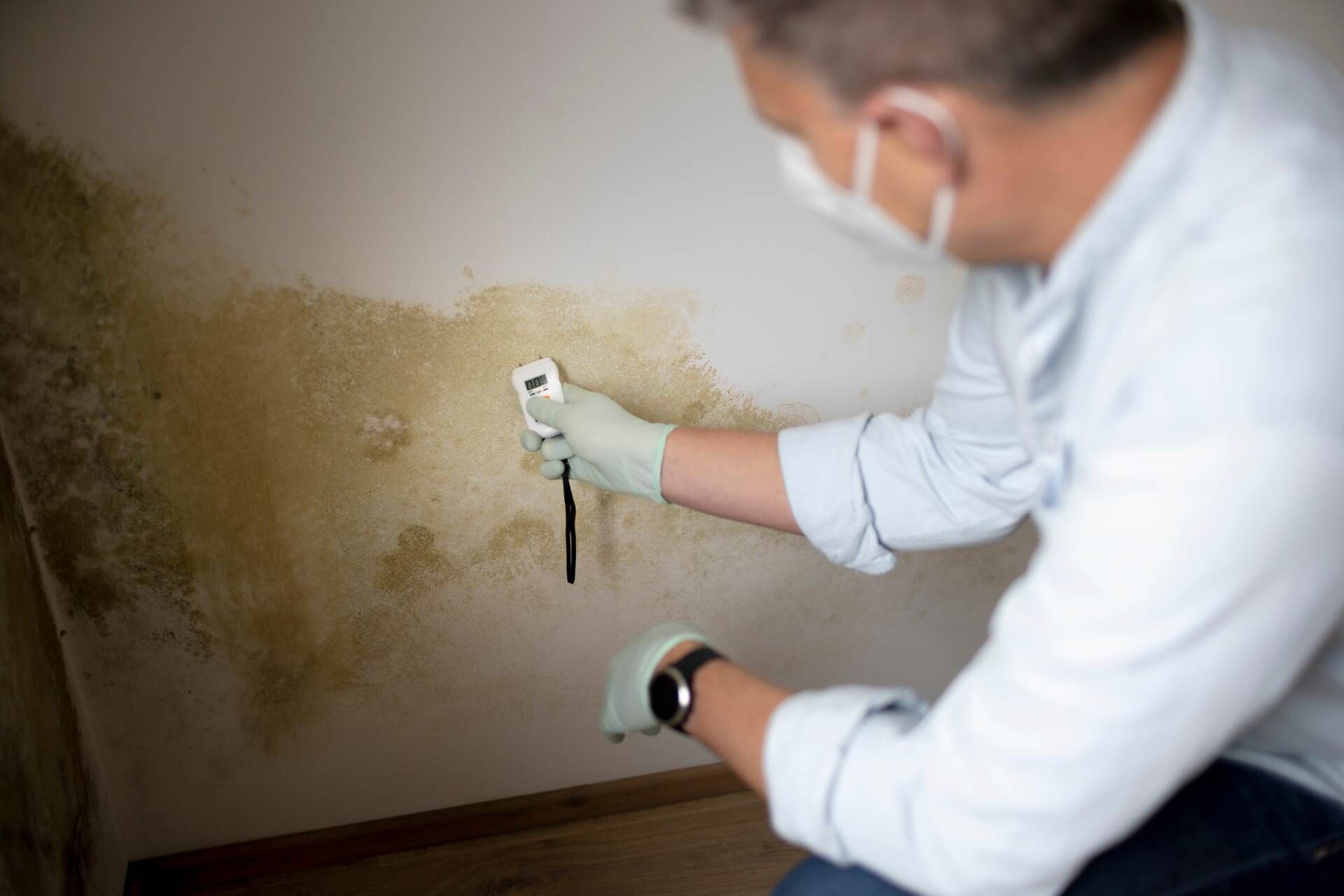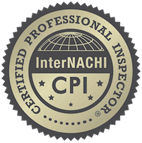The Importance of Water Quality Testing in Home Inspection
When talking about home inspections, one important yet often forgotten aspect is checking water quality. In the real estate market in Florida, ensuring that the water in your new residence is pure and safe is not just a matter of convenience but also a concern for health and safety. Water quality can impact your family's well-being, the durability of your plumbing system, and even the value of your property.
In this article, we will explore why
testing water quality during
home inspections is crucial, what substances to watch out for, and how to guarantee that the water in your house is suitable for drinking and daily use.
Recognizing the Importance of Water Quality Testing
Water is essential for survival, and having access to drinking water is fundamental. However, not all water sources are free from impurities. Several factors, like the age of your home's pipes, its proximity to activities, and the type of water supply system, can affect the
water quality at home. Therefore, conducting tests to assess its quality should be an essential component of home inspection.
Health Implications
The motivation behind testing your water is to address health hazards linked to polluted water. Contaminants, like lead, bacteria, nitrates, and volatile organic compounds (VOCs), can lead to health issues ranging from stomach problems to neurological challenges and even cancer. Specifically, children and expectant mothers face risks from exposure to lead, which could result in delays in development and other serious health issues.
Impact on Property Value
The quality of water can directly influence the value of your property. Houses with safe water sources appeal more to buyers and may fetch better prices. On the contrary, properties with known water quality issues might struggle with market appeal and fetch lower resale values. Conducting a water quality inspection during
home inspections offers insights that could be advantageous in buying or selling.
Adherence to Legal Standards
When
testing water quality is a step during real estate transactions, it is wise to ensure compliance with health and safety regulations through thorough testing when not mandated by law. Besides adherence, having documented proof of
water quality assessment can be beneficial if future concerns or disputes arise regarding water safety.
Key Elements in Water Quality Testing
Knowing which contaminants to test for is vital for safeguarding the purity and safety of your water source. A thorough
water quality test should cover some worrisome pollutants.
1. Bacteria and Microorganisms
The presence of coliform bacteria and E. coli in water indicates disease-causing pathogens. Testing for contamination is crucial to ensure water safety for drinking and household purposes. Elevated levels of bacteria can result in health complications such as diarrhea, stomach discomfort, and severe infections.
2. Lead and Heavy Metals
Lead and heavy metals like arsenic, cadmium, and mercury can infiltrate water sources through deteriorated pipes and industrial discharge. Prolonged exposure to these substances can lead to health issues, including neurological damage, kidney disease, and increased cancer risk.
3. Nitrates and Nitrites
Due to agricultural runoff, septic systems, and industrial waste, nitrates and nitrites are frequently present in water sources. High levels of these compounds can be hazardous for infants, leading to a condition known as "blue baby syndrome," which affects the oxygen-carrying capacity of the blood.
4. Volatile Organic Compounds (VOCs)
VOCs encompass chemicals such as solvents, gasoline additives, and pesticides. These substances have the potential to pollute groundwater and pose health hazards like liver damage, cancer, and other severe illnesses. It is vital to conduct tests for VOCs, especially if your residence is near industrial facilities or areas with significant agricultural operations.
5. Water Acidity
The pH level of water indicates whether it is acidic or alkaline, which impacts both the plumbing system and your well-being. Low Ph (acidic) water can erode pipes, releasing lead-like metals. Conversely, high pH (alkaline) water can cause scaling issues and diminish the effectiveness of disinfectants.
The Procedure for Testing Water Quality
Testing water quality involves gathering samples from points within the household. Examining them for potential contaminants. Here is a general outline of how the process unfolds:
1. Sample Collection
A certified
home inspector or
water quality expert will gather samples from sources in the house, including taps, wells, and other usage points. Adhering to sample collection protocols is crucial to prevent contamination and ensure accurate results.
2. Laboratory Testing
The collected samples are dispatched to a laboratory for analysis.
The laboratory will analyze the water to check for pollutants, including bacteria, heavy metals, chemicals, etc. The results usually provide an overview of the water quality and highlight potential concerns.
3. Evaluation and Suggestions
After receiving the lab reports, the inspector will assess the results and offer recommendations. For example, suppose contaminants are detected above safety standards. In that case, the inspector will suggest actions to address them, such as installing water treatment systems, replacing plumbing fixtures, or fixing the contamination source.
Advantages of Regular Water Quality Testing
Routine
water quality testing should not be limited to just home inspections. Continuously monitoring your water quality can help you ensure a healthy living environment. Here are some benefits of water quality testing:
1. Early Identification of Issues
Testing enables the detection of potential
water quality problems before they escalate. This lets you tackle issues promptly and prevent health risks and expensive repairs.
2. Guarantees Safety and Well-being
Testing your water ensures that it meets safety standards and is free from pollutants. This is especially crucial for households with children, elderly people, or those with weakened immune systems.
3. Maintains Property Value
By checking and upholding high standards for water quality, you can maintain or even increase the value of your property. Potential buyers will feel reassured knowing that the water they rely on is safe and dependable.
4. Compliance with Regulations
In some areas, rules may mandate regular
water quality testing, particularly for homes with private wells. Adhering to these regulations can prevent complications and guarantee the ongoing safety of your water supply.
In conclusion
Testing water quality is a crucial aspect of any home inspection procedure in regions like Florida, where environmental factors can impact water safety. Understanding the importance of water quality testing, identifying key contaminants, and committing to regular testing can protect your family's health, maintain your property value, and ensure compliance with safety regulations.
For water quality testing and home inspection services in Florida, contact
Guardian Angel Inspections, Royal Palm Beach, Florida. Our skilled inspectors are dedicated to conducting reliable inspections to ensure the safety and quality of your home. Don't take chances with your water quality—schedule a test today for a safer future for your family.
Disclaimer: The information on this website and blog is for general informational purposes only and is not professional advice. We make no guarantees of accuracy or completeness. We disclaim all liability for errors, omissions, or reliance on this content. Always consult a qualified professional for specific guidance.
Share this entry







